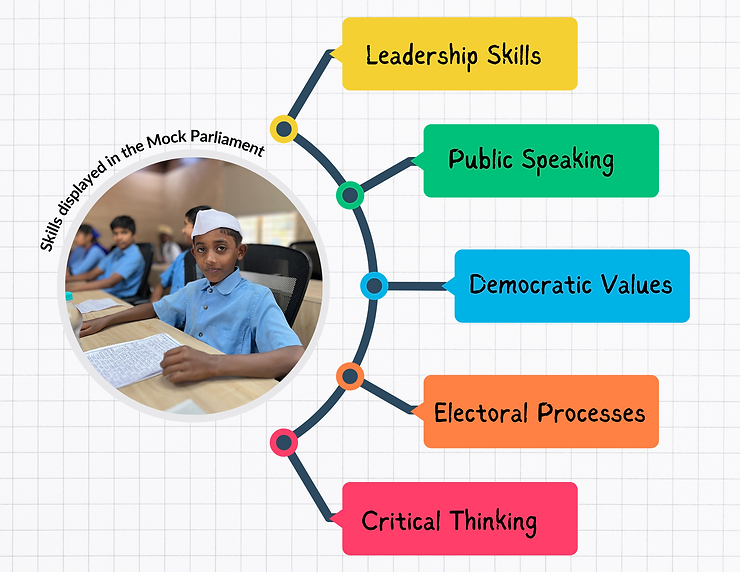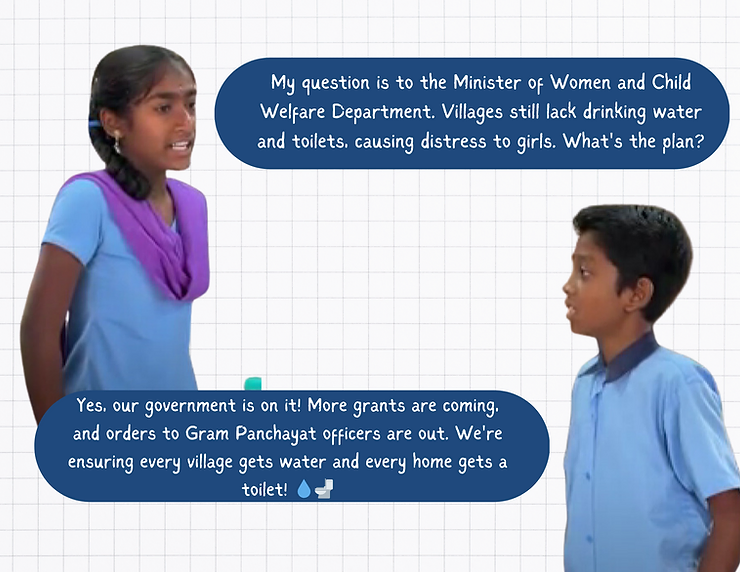21st-Century Skills: The Need & Policy Mandates
From hunters and gatherers, whose survival relied on keen instincts and primitive tools, to a civilization that has traveled to the moon and Mars, human civilization’s journey has evolved intellect, adaptability, and new skills. As we stand on the precipice of the 21st century, our existence is undergoing yet another paradigm shift, demanding skills that transcend the boundaries of conventional knowledge. In an era of rapid technological advancements, global interconnectivity, and unprecedented challenges, the need for 21st-century skills emerges as a resounding call to equip ourselves for the complex world of tomorrow. Within this crucible of change, the significance of cultivating and nurturing these skills becomes not just a choice but an existential necessity. Various skills can be grouped under 21st-century skills, including critical thinking, problem-solving, communication, collaboration, and creativity. Even the New Education Policy of 2020 discusses the importance of teaching these skills to students. The New Education Policy also talks about the importance of experiential learning as it promotes a multidisciplinary approach to learning and lets the students learn about diverse subjects. The 21st-century skills can be broadly divided into three groups: Learning Skills, Life Skills, and Literacy skills. Other than the NEP 2020, the National Curriculum Framework of 2005 also talks about how integral other 21st-century skills are as described in the following excerpts: “Development of life skills such as critical thinking skills, interpersonal communication skills, negotiation/ refusal skills, decision making/problem-solving skills and coping and self-management skills is/are also very critical for dealing with the demands and challenges of everyday life.”
Mock Parliament: A way to impart 21st-Century skills
The concept of Mock parliament isn’t new as such; it has been around for quite some time, and many celebrated organizations have conducted their versions of Mock parliament. In private schools, these activities have been there for a long time. The National Youth Parliament also runs a mock parliament to give youth a floor to interact and understand the parliamentary procedures.
In a country like India, where young people make up most of the population, early political awareness and participation are essential for developing an accountable and responsive democracy. However, in government schools, the focus is mainly on foundational literacy and numeracy and how to provide it to the masses, and the need for more resources and infrastructures constrains them further. The Mock parliament bridges the traditional education system and the pressing need to cultivate civic engagement and critical thinking skills among students. While government schools face resource constraints, integrating such experiential learning programs becomes crucial to bringing a sense of responsibility and civic duty to students. Early political awareness through activities like the Mock Parliament helps students gain insights into parliamentary procedures and develop a nuanced understanding of societal issues. This empowers them to become active, informed citizens capable of contributing meaningfully to the democratic process.

Our Pilot Program in ARISE School
Recognizing the need for 21st-century skills in the ever-evolving education landscape, Mantra4Change organized a Mock Parliament at GHPS Muthanalluru, Anekal, Bangalore. This program aimed to incorporate essential life skills such as leadership, initiative, social skills, flexibility, and learning skills like critical thinking and communication among students. Within this pilot, we saw students coming together and taking the initiative and showing debating skills to the best of their abilities during the session; they talked about quite a few essential topics such as mid-day meals, women and child welfare, distribution of cycles to school students, etc. When considered, this is also a creative way of engaging students in socio-economic issues. Also, with the help of the Muthanalluru gram Panchayat, who very graciously lent their meeting hall, we were able to create the ambiance of a parliament assembly room to the best of our ability and resources as it also helped the students have a more vivid understanding of the parliamentary sessions. This pilot tried to target the gap between traditional learning and 21st-century skills.

The Way Forward
Mantra4Change and ARISE have a common goal: to bring about comprehensive development in government schools to ensure students have a meaningful learning experience. We aim to expand this project to various government schools, and we have already seen progress in this regard, as another ARISE school in Anekal has replicated this pilot program. However, we also acknowledge the challenges involved. We understand that the success of this program hinges upon providing training and building the capacity of teachers, who are vital to its implementation, and we are working on it. The example of GHPS Muthanalluru demonstrates how teachers’ initiatives can foster greater student participation. It is also essential to improve the student parliament’s quality continually. Hence, it is crucial to advocate for policy changes and allocate resources that enable incorporating such innovative pedagogical initiatives into the curriculum of government schools nationwide.



